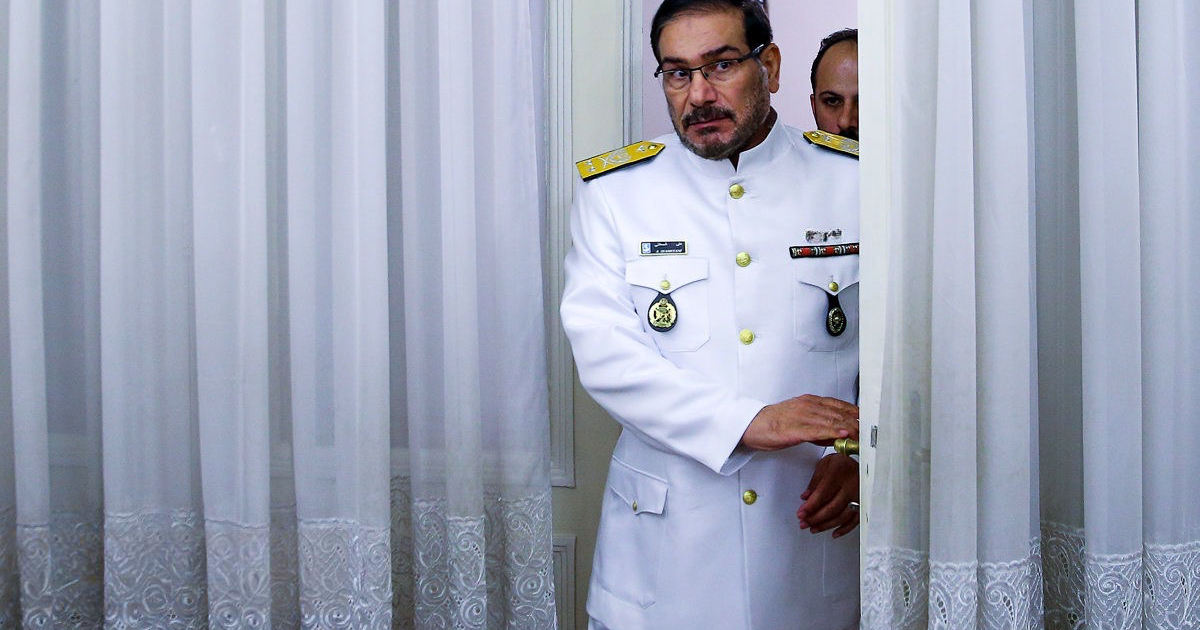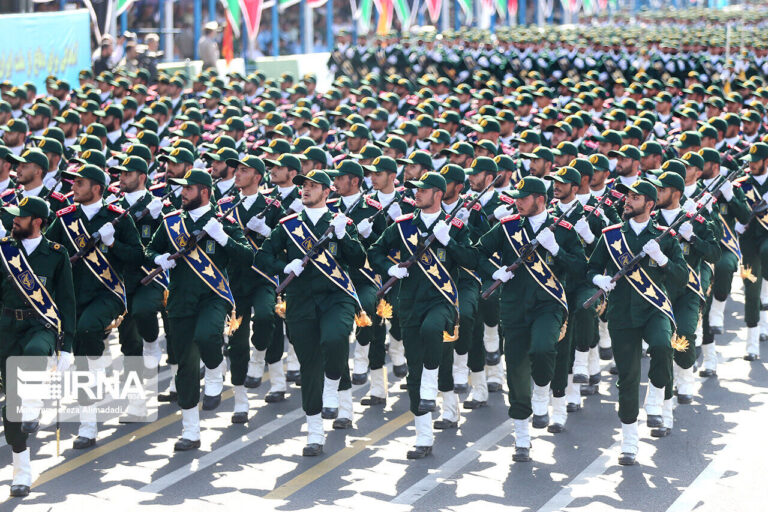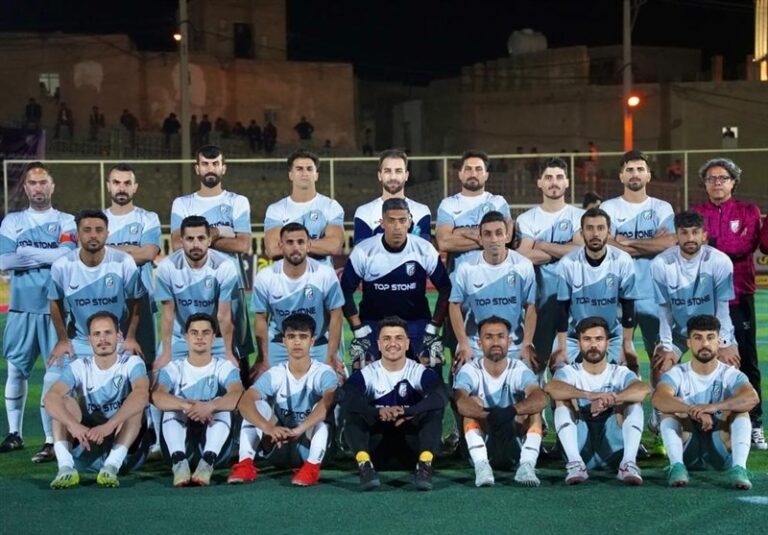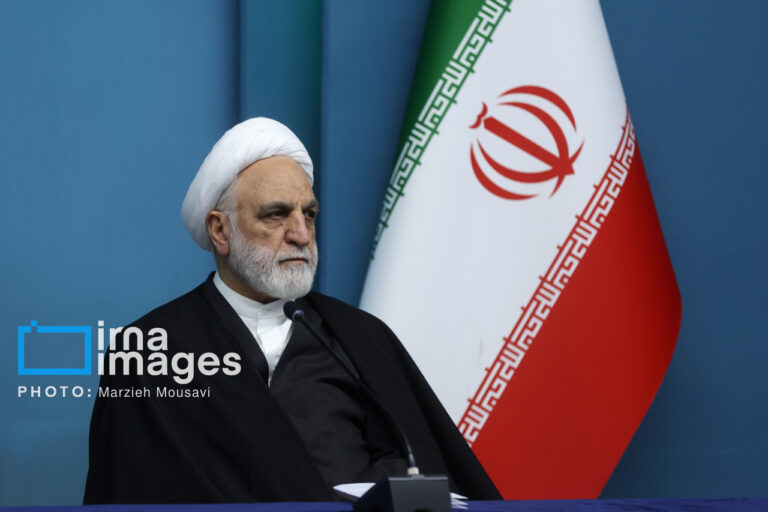Former Iranian Security Chief Disrupts US Talks with Media Maneuver
Nearly two years after stepping down as the Secretary of Iran’s Supreme National Security Council (SNSC), Ali Shamkhani remains a significant figure in Tehran’s evolving nuclear diplomacy. His interventions in negotiations through social media statements and high-stakes leaks from his multilingual media outlet showcase his determination to stay at the forefront of diplomatic efforts.
Although Shamkhani is no longer the head of Iran’s top security apparatus, he still wields considerable influence as a political advisor to Supreme Leader Ayatollah Ali Khamenei and as a member of the Expediency Discernment Council. His tenure as security chief concluded in May 2023, but his media outlet, Nour News, which he founded in 2020, ensures his prominent public profile continues to shape discussions.
Shamkhani and Tehran-Washington Relations
Shamkhani’s statements are often highlighted by both Iranian and foreign media, making his posts a key indicator of Tehran’s diplomatic direction. A prolific user of the social media platform X, Shamkhani communicates in various languages, including Persian, English, Hebrew, Russian, and Chinese. This multilingual approach indicates his desire to be recognized internationally as an insider with extensive knowledge of ongoing talks.
Prior to the first round of indirect negotiations between Tehran and Washington in Muscat last month, Shamkhani made headlines by asserting that Iran’s Foreign Minister Abbas Araghchi would attend the talks “with full authority.” This phrasing was widely interpreted as confirmation that Araghchi was carrying a full mandate from Supreme Leader Khamenei, signaling Iran’s serious intent to reach an agreement.
Recently, Shamkhani stated that both the US intelligence community and the International Atomic Energy Agency (IAEA) had acknowledged that Iran does not possess nuclear weapons. He wrote, “Both are determined to continue on the right path of talks,” emphasizing that “sanction removal and recognition of Iran’s right to industrial enrichment can guarantee a deal.” His remarks seemed to respond to comments made by US Vice President J.D. Vance, suggesting that Washington might permit low-level Iranian enrichment.
This softer tone marks a departure from Shamkhani’s previous hardline stance, indicating a potential shift towards diplomatic flexibility. Notably, Shamkhani was instrumental in promoting a law passed by the Iranian Parliament in December 2020 against the wishes of then-President Hassan Rouhani. This legislation, known as the Strategic Action Plan to Lift Sanctions and Protect the Nation’s Interests, mandated that Iran’s Atomic Energy Organization enrich uranium to 20 percent purity—significantly exceeding the 3.67 percent limit established by the 2015 Joint Comprehensive Plan of Action (JCPOA)—and install advanced centrifuges.
The Role of Nour News
Much of Shamkhani’s influence in the media sphere can be traced back to Nour News, a news outlet closely connected to his political network. Launched in Persian in early 2020 and later expanded to English, Arabic, and Hebrew, Nour News plays a pivotal role in shaping narratives around Iran’s nuclear discussions. The outlet frequently publishes exclusive reports on these negotiations, often citing anonymous “informed sources.”
These reports are widely circulated by both domestic and international media, enhancing the outlet’s reputation as a semi-official voice in Iranian political discourse. However, not all reactions to Shamkhani’s media interventions have been positive. An anonymous source cited by Nour News indicated that the fourth round of talks would concentrate on “humanitarian and security concerns,” suggesting that discussions have expanded beyond just the nuclear issue—a detail not disclosed by official negotiators.
Mohammad Hossein Ranjbaran, an advisor to Foreign Minister Abbas Araghchi, criticized the leaking of classified information to preferred outlets, asserting, “Agencies and esteemed officials who receive classified reports must protect them. Leaking information undermines national interests.” He added, “There’s a difference between building media credibility and childish competition for scoops.”
Challenges and Controversies
Shamkhani’s recent activities could also be motivated by a desire to restore his reputation following controversies related to espionage and corruption. His departure from the SNSC in May 2023 followed one of the most sensitive espionage cases in Iran’s recent history. In January of that year, Iran executed Alireza Akbari, a dual British-Iranian national and former deputy defense minister, on charges of spying for the UK. Akbari had been known as a close associate of Shamkhani, raising concerns about security breaches at high levels of the Iranian government.
Although authorities did not directly link Shamkhani to Akbari’s alleged espionage activities, the incident cast a shadow over his leadership during a critical time. Additionally, Shamkhani has faced ongoing allegations of corruption, particularly related to his family’s business dealings, which have been accused of circumventing US sanctions by facilitating oil exports through illicit channels.
As Shamkhani continues to navigate the complexities of Iran’s nuclear diplomacy, his influence remains significant, shaping both public perception and policy direction within the country. His ability to balance media engagement with diplomatic negotiations will be crucial as Iran seeks to redefine its international relations.






